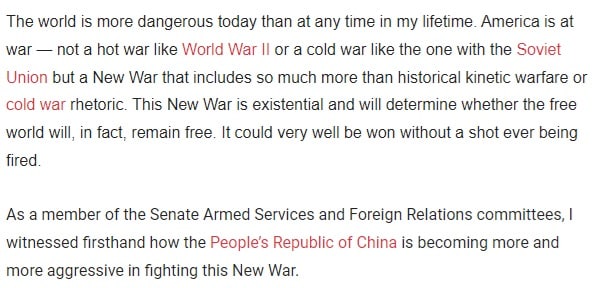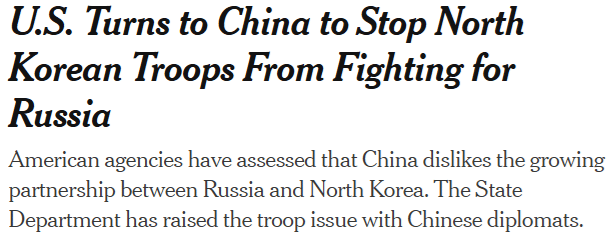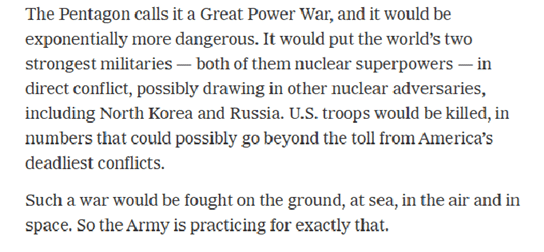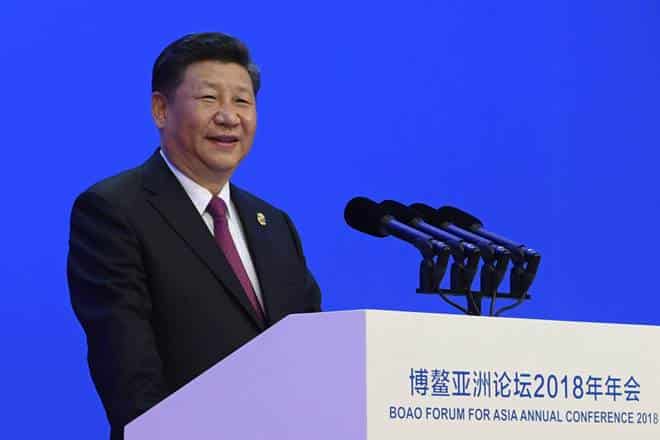Lanhee J. Chen:Lost in Beijing: The Story of the WHO
作者:Lanhee J. Chen 来源:Wall Street Journal
China broke the World Health Organization. The U.S. has to fix it
or leave and start its own group.
The World Health Organization isn’t just “China centric,” as
President Trump called it on Tuesday. It is also broken and compromised. The
WHO fell short in its dithering reaction to the 2014 Ebola outbreak in West
Africa, which claimed more than 11,000 lives. Now its response to the
coronavirus pandemic shows it is willing to put politics ahead of public
health. The way the WHO has consistently acted to placate China’s leaders makes
clear the need for fundamental reform.
The U.S. is the biggest financial contributor to the WHO—more than
$400 million in 2019, when China sent only $44 million, according to the U.S.
State Department. Mr. Trump suggested that the U.S. might hold its funding
while his administration takes a “good look” at what the country is getting for
its money. He and Congress should go further.
While Washington pays, Beijing works behind the scenes to
influence WHO leaders. The current director-general, Tedros Adhanom
Ghebreyesus, was backed strongly by the Chinese government during his campaign
for the job. Mr. Tedros was a controversial pick, dogged by allegations of
having covered up cholera outbreaks in his native Ethiopia, where he served as
health minister (2005-12) and foreign minister (2012-16). During those years,
China invested in Ethiopia and lent it billions of dollars. Shortly after
winning his WHO election, Mr. Tedros traveled to Beijing and lauded the
country’s health-care system: “We can all learn something from China.”
Under Mr. Tedros’s leadership, the WHO has accepted China’s
falsehoods about the coronavirus and helped launder them into
respectable-looking public-health assessments.
On Jan. 14, before an official WHO delegation had even visited
China, the group parroted Beijing’s claim that there was “no clear evidence of
human-to-human transmission.” Two weeks later, after China had reported more
than 4,500 cases of the virus and over 70 people in other countries were sick
with it, Mr. Tedros visited China and heaped praise on its leaders for their
“transparency.”
Recall that China waited six weeks after patients first saw
symptoms in Wuhan to institute a lockdown there. During this time Chinese
authorities censored and punished physicians who tried to sound the alarm,
repeatedly denied that the virus could be transmitted between humans, and held
a public banquet in Wuhan for tens of thousands of families. In the meantime,
more than five million people left or fled Wuhan, according to the city’s
mayor. This included the patient with the first confirmed case of the virus in America.
The WHO finally declared a public-health emergency on Jan. 30,
after nearly 10,000 cases of the virus had been confirmed. China’s reported
figures rose in early February to more than 17,000 infections and 361 deaths,
yet Mr. Tedros rebuked Mr. Trump for restricting travel from China and urged
other countries not to follow suit. He called the virus’s spread outside China
“minimal and slow.” It took until March 11 for the WHO to declare a pandemic.
By that point the official world-wide case count was 118,000 people in 114
countries.
China’s influence is also apparent in the WHO’s exclusion of Taiwan. The
WHO didn’t even bother replying to Taiwanese inquiries in December about
whether the coronavirus could, contrary to Beijing’s claims, be transmitted
between humans.
Last month a Hong Kong TV reporter asked Bruce Aylward, who leads the WHO-China Joint
Mission on Coronavirus, if the organization would reconsider its refusal to
allow Taiwan to join. Dr. Aylward, on a remote video connection, sits silent
and expressionless for nearly 10 seconds before the reporter prompts him again:
“Hello?”
“I’m sorry,” he finally says, “I couldn’t hear—I can’t hear your
question, Yvonne.”
“Let me repeat the question,” she says.
“No, that’s OK. Let’s move to another one then.”
When she presses him on Taiwan, he terminates the connection. The
reporter calls back and tries a different tack: “I just want to see if you can
comment a bit on how Taiwan has done so far in terms of containing the virus.”
His reply: “Well, we’ve already talked about China, and, you know,
when you look across all the different areas of China, they’ve actually all
done quite a good job.”
The exchange demonstrates how the WHO prioritizes politics over
public health. It has internalized Beijing’s view of Taiwan and seeks to praise
China’s leaders at every turn. And at no point during the crisis has the WHO
substantively investigated the Chinese regime’s claims about the virus or been
transparent about the thinking behind its decisions.
As the biggest financial contributor to the WHO, the U.S. has the
leverage to push for radical reform. Congress should condition all future
funding on the WHO’s explaining in detail how it reaches its public-health
decisions and rigorously and independently investigating the extent of disease
outbreaks.
The U.S. should work aggressively to change the culture and
leadership of the WHO. The Trump administration took a good first step in
January by creating a special envoy at the State Department focused on
countering China’s attempts to control international organizations. The WHO’s
next director-general must not be a rubber stamp for Beijing.
If efforts to transform the WHO are ineffective, the U.S. may have
no choice but to walk away and start over. That could mean creating an
alternative organization open to any country willing to abide by higher
standards of transparency, good governance and the sharing of best practices.
The world needs an organization that can be trusted to address public-health
problems that transcend borders—if not the WHO, then something else.
Mr. Chen is a fellow at the Hoover Institution and director of
domestic policy studies in the public policy program at Stanford University.
https://www.wsj.com/articles/lost-in-beijing-the-story-of-the-who-11586365090
来源时间:2020/4/9 发布时间:2020/4/8
旧文章ID:21247








